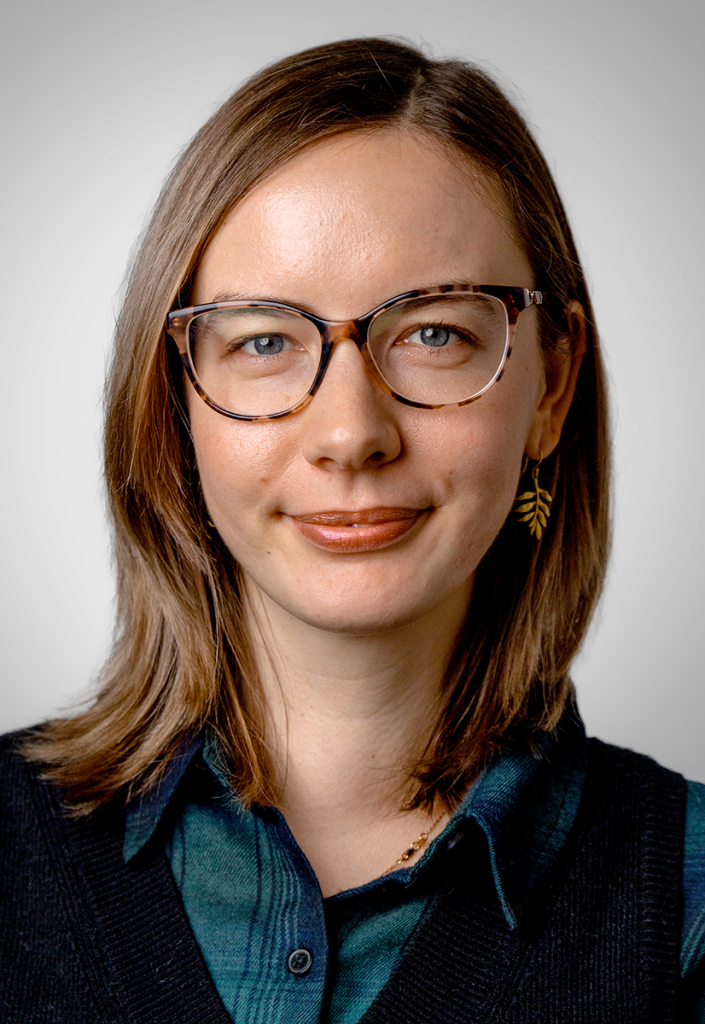Climbing academic peaks: Ilze Mileiko about her doctoral studies at RSU
We are launching a five-story series about five passionate, courageous people who challenged themselves and made the decision to embark on a climb. This climb requires willpower, endurance, and flexibility to overcome difficulties that come up along the way, but in return brings new, exciting discoveries, support from a team, and access to dizzying horizons like we hear about from mountain climbers. You don't however always have to pack a backpack to get to the top – you can achieve the same by enrolling in a doctoral programme at RSU!
In this series, our young doctoral students answer the first important questions you might have if you think that academic mountaineering is an exciting prospect and that reaching the peak is part of your life plan.
We continue the series with Ilze Mileiko, a doctoral student in social anthropology (pictured).
How did you choose the topic of your doctoral thesis?
It is important for me to see the topic of my work as being of general importance, as well as personally relevant and complementary to my professional and academic activities. Studying nutrition from a socio-anthropological perspective combines these two aspects, and I am equally interested in the research process itself and the expected or, quite possibly, unexpected results.

How did you find your thesis supervisor?
I had already established a great cooperation with my thesis supervisor in other projects related to the topic of my thesis. I highly value my supervisor's competence, not only related to work, but also in methodological matters.
How did you choose the university and programme?
I got to know RSU when I studied for a master's degree in social anthropology. Based on my positive study experience, I trusted that RSU would be able to offer a high-quality study experience also at the doctoral level.
What’s your advice on how to draw up an application for a doctoral thesis?
First of all, I would recommend taking your time to think about and make friends with your topic, so to speak. Maybe go for a long walk with it, bring it up in conversation with someone else who is competent in the subject, or maybe the other way around – try to explain it to someone whose day-to-day life isn't essentially connected with the topic. Then you will be able to picture presenting the idea of your work to someone who has never heard about it before when writing your application. Gradually build your confidence as to what you want to say and try to put it on paper.
Of course, the ideas you express in the application can transform and change as you work. The most important thing is to get the feeling that your application serves as a good starting point for the future process.
What do you value at RSU?
Openness and a personalised approach. The University aims for growth, and fosters growth in their students.
Related news
 Environmental anthropologist Guntra Aistara on interspecies relationships and the path to a sustainable futureFor Students, Conferences, workshops, Research, Social anthropology
Environmental anthropologist Guntra Aistara on interspecies relationships and the path to a sustainable futureFor Students, Conferences, workshops, Research, Social anthropology


